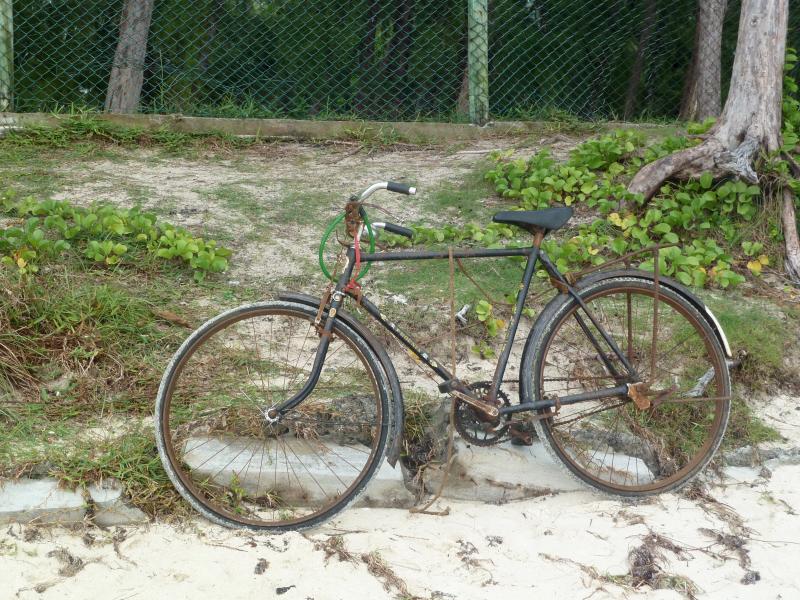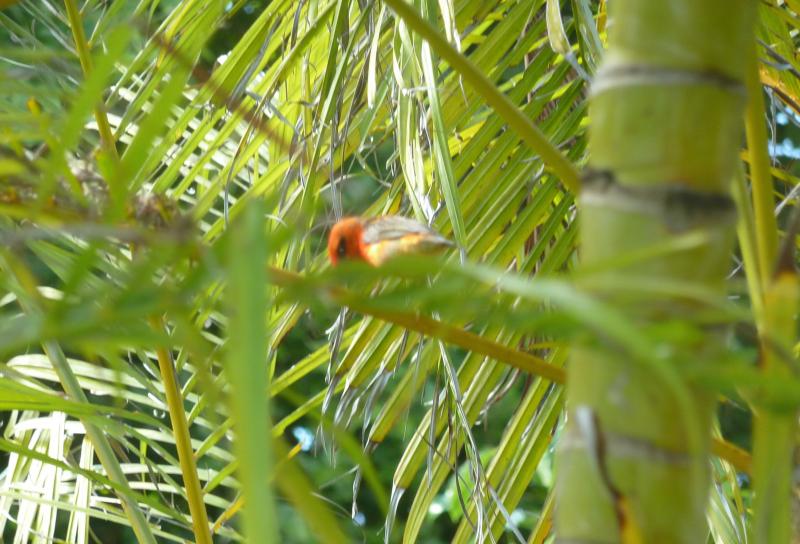
Two happy girls at the Oxford Lit Fest
It’s the time of year when crowds throng the the quads of Oxford colleges, programmes in hand, thermos flasks and sandwiches in carrier bags, to seek wit, wisdom entertainment and literary glamour among writers who have come to talk about their books (and promote sales) . The Oxford Literary Festival- or the Booksellers’ and Publishers Promotional Extravaganza- is sponsored by some newspaper or other and this year it’s the Financial Times.
The all important Marquee, with bookstalls and cafe, is pitched on gravel next to the Bodleian and the Sheldonian. The choice of reading matter and cakes is quite overwhelming and literary ladies are in a flap over the lemon drizzle or victoria sponge.
In past years I’ve quite enjoyed going to hour-long talks- with the inevitable boring questions- and even queued for book signings; but the naked commercialism is not very enticing and the scale of the fair is extraordinary. This morning Sue and I went to listen to Christopher Howse, a columnist at the Telegraph, speak about his new book, The Train in Spain subtitled Seven Spanish Songs. Howse is a Catholic with a straggly beard that reminded me of Simon Digby’s facial hair. He writes mostly about churchy matters and church architecture and is mildly amusing in his singularity. His old-fashioned hyperbolic language in fluty, fruity tones makes light of adventures in that damping-down English way, like a soft pedal all the way through Bach.
Howse has been journeying around Spain for years, travelling mainly by train in the more obscure interior with its harsh, desert landscape. Some years ago he shared a compartment with a gypsy woman and her son, who after consuming their sandwiches (“wrapped in foil paper and afterwards crumpled”) started to sing gypsy airs to amuse themselves. “It’s a bit like a soap opera”, Howse says of his Spanish obsession. “I keep going back to see what they’re up to.” We watched seven film clips of music he had encountered on his travels, in the most part undistinguished and lack-lustre.
The first showed ‘ a baroque guitarist playing a 16th century Canarios (dance melody). The second was a typical Sunday sight in Barcelona, of ordinary Spaniards dancing the Sardana. When I lived in French Catalonia, the Cerdagne was regarded as a universal yawn- a slow, stately roundel that went on and on accompanied by mournful melodies. Howse’s film showed a more energetic version. He observed that Catalans and Basques wished to be like the Scots in their desire for autonomy. “How will that work?” wondered someone, “Oh, they’ll change the street signs and build an airport in the middle of nowhere.”
Howse is right. Catalonia is full of grand building projects and Spain has been left with a million houses, half built or abandoned due to the economic paralysis. But now we were listening to an old film clip, reminiscent of Bollywood bathos, of Alfredo Molina singing about exile: a doleful number which Howse thought was “absurdly” sung in a very peculiar style, but sounded like flamenco or fado with strong Arab undertones. After that he played Salve Regina, which is a staple of the Monastery in Montserrat see (my blog of June 2012: “Sacred Mountains”). Apparently Columbus’s sailors sang this sacred shanty on Saturday evenings and lo, on the Sunday they had come upon the New World.

A view of the Pyrenees from Catalunya
The final piece of music was sung by a totally nondescript pop singer called Mann Chao, described by our Spanish traveller as “desperately streetwise.” Howse also slipped in “preposterous” somewhere in between and so we came to the end of a rather colourless and ineffectual festival talk which had cost £11, nearly the cost of his book. I was left wondering why on earth I’d chosen to voluntarily part with my cash.






























